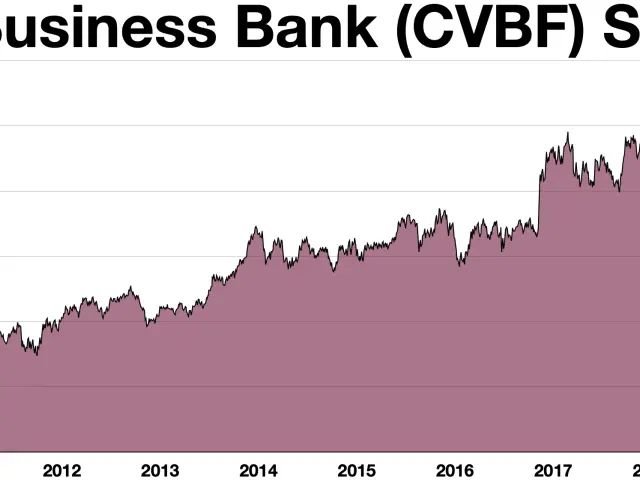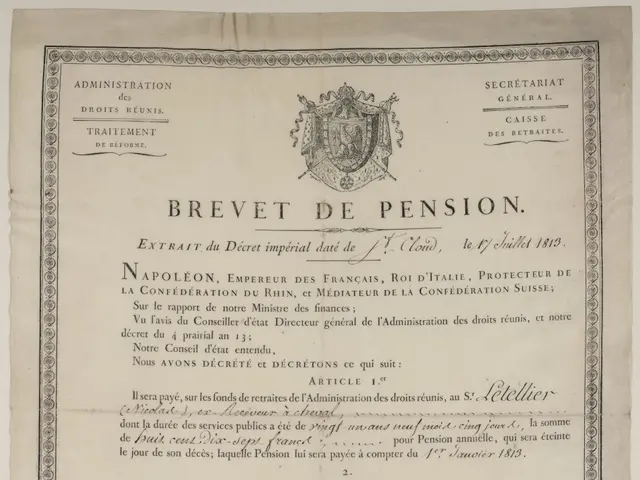Germany’s e-invoicing mandate tightens rules for businesses by 2027
Germany is set to enforce mandatory e-invoicing for businesses, with significant changes coming in 2024 and 2027. Companies must comply with strict rules to avoid penalties and loss of VAT deduction rights.
From 2024, businesses must be capable of receiving e-invoices. By 2027, most B2B transactions will require e-invoices, with smaller companies having until 2028 to comply. These e-invoices must be in structured, machine-readable formats like XRechnung or ZUGFeRD, adhering to EU standard EN 16931.
The German tax administration has outlined clear guidelines for compliance. It categorizes errors into format, business rule, and content issues. Companies must ensure their e-invoices meet these standards to avoid fines and penalties up to 5,000 euros. Failure to comply may also result in losing input VAT deduction rights.
German businesses must prepare for the upcoming e-invoicing mandate. Understanding and adhering to the guidelines will be crucial to avoid penalties and maintain VAT deduction rights. The transition occurs in two phases, giving companies time to adapt but requiring careful planning and timely action.
Read also:
- India's Agriculture Minister Reviews Sector Progress Amid Heavy Rains, Crop Areas Up
- Over 1.7M in Baden-Württemberg at Poverty Risk, Emmendingen's Housing Crisis Urgent
- Life Expectancy Soars, But Youth Suicide and Substance Abuse Pose Concern
- Cyprus, Kuwait Strengthen Strategic Partnership with Upcoming Ministerial Meeting






